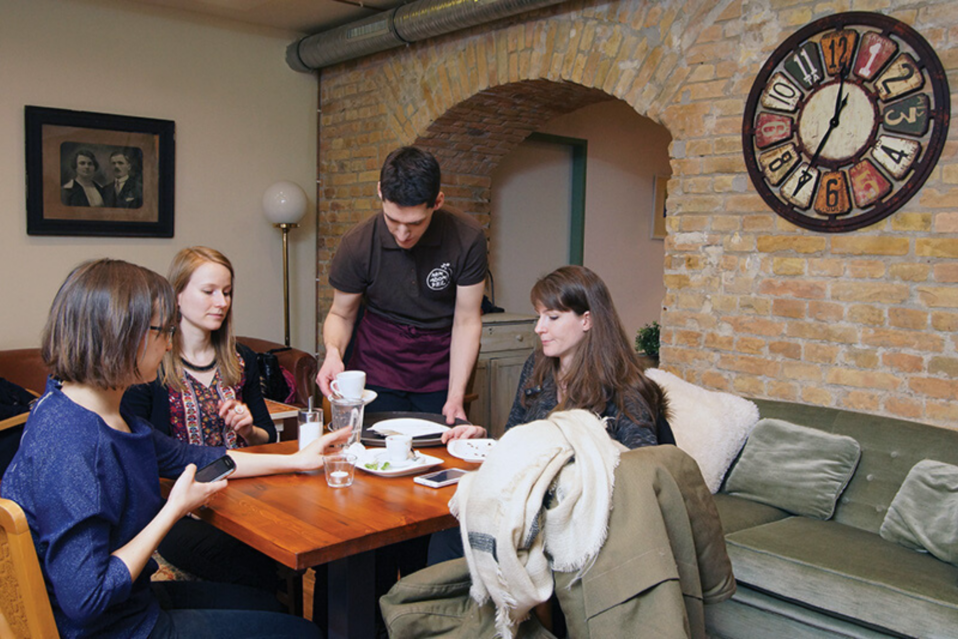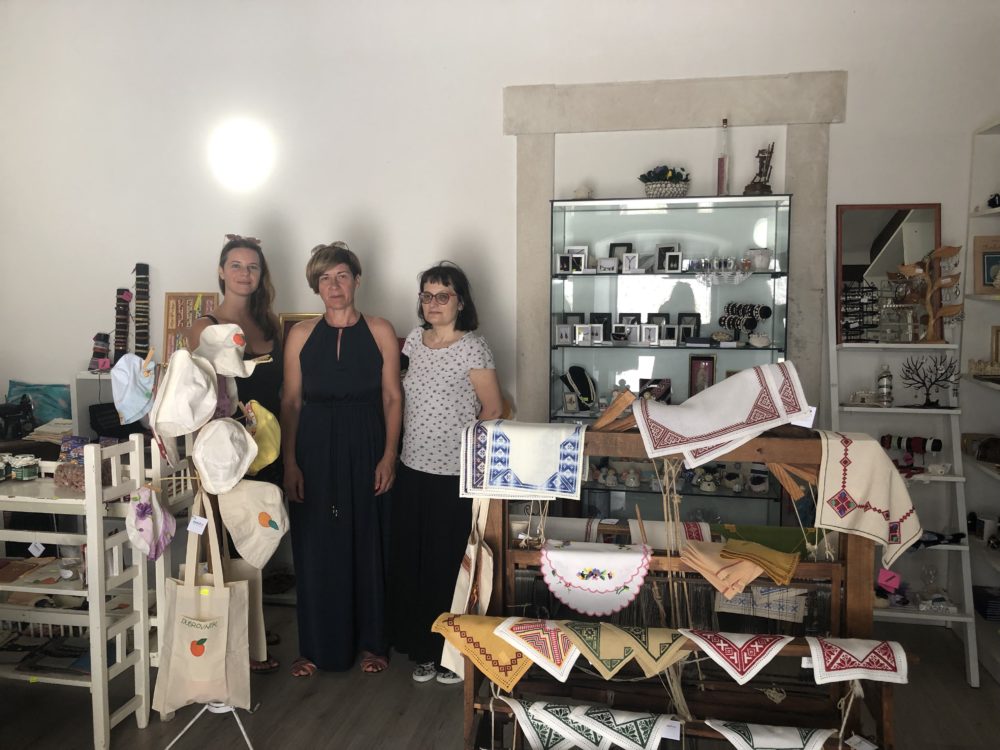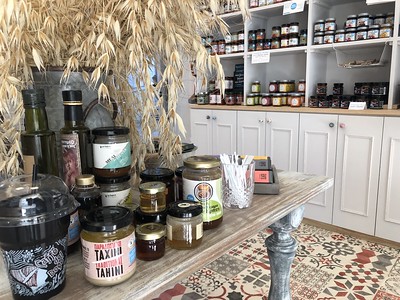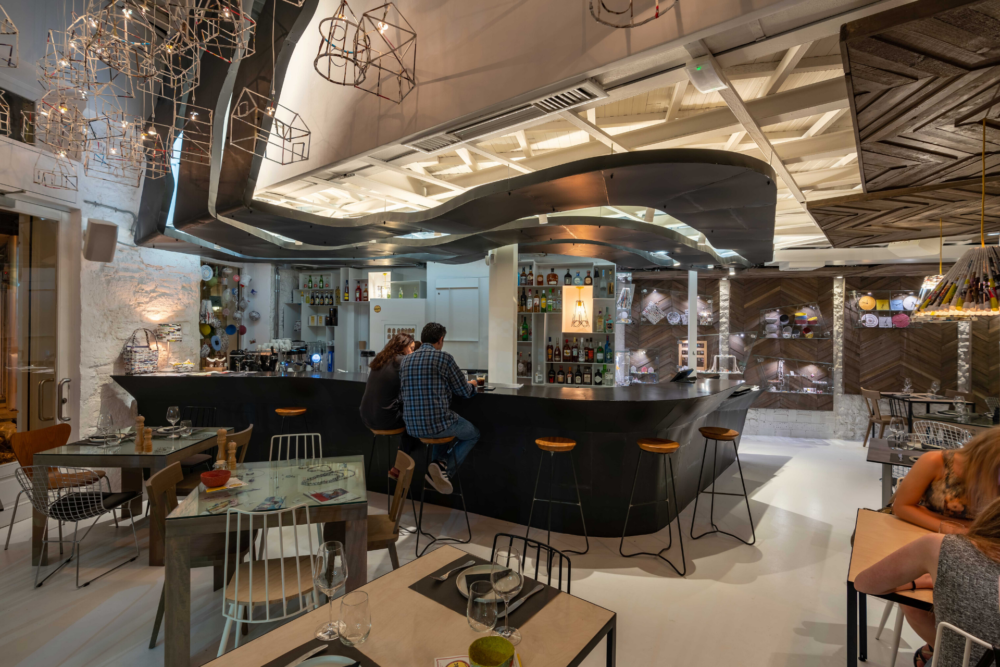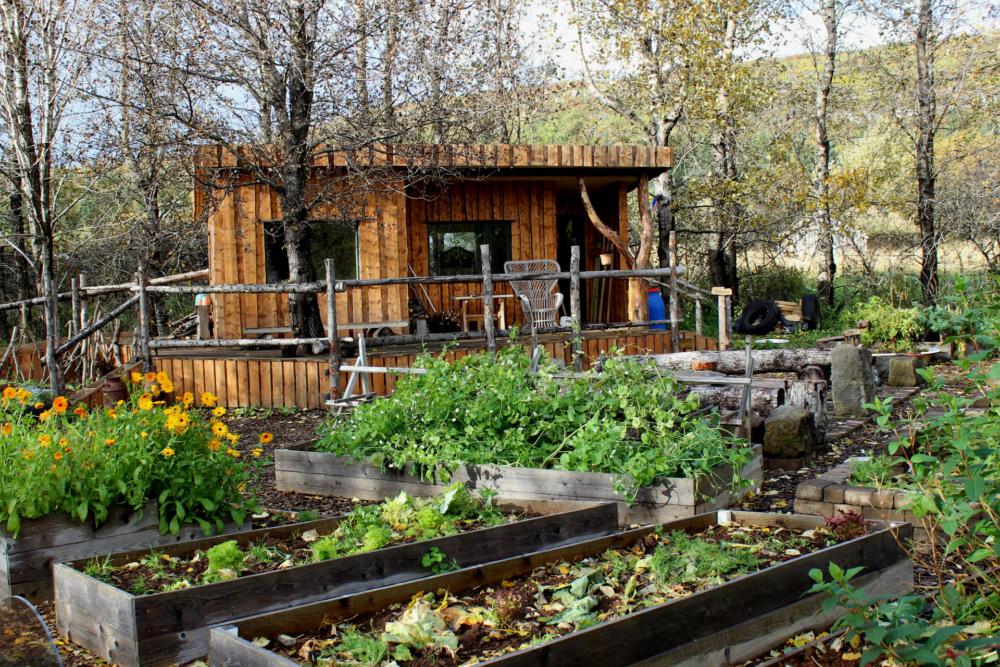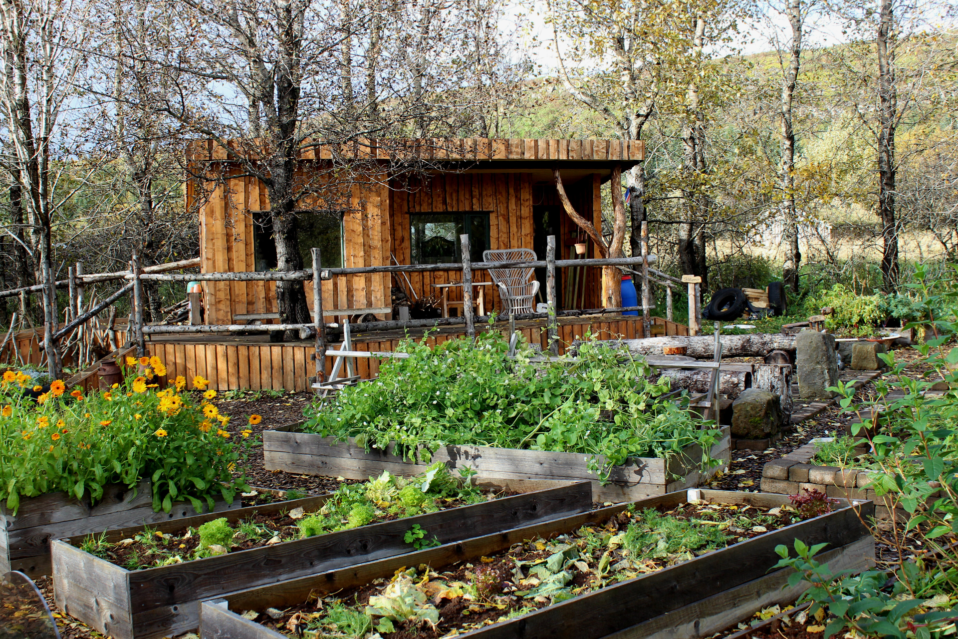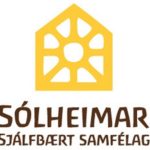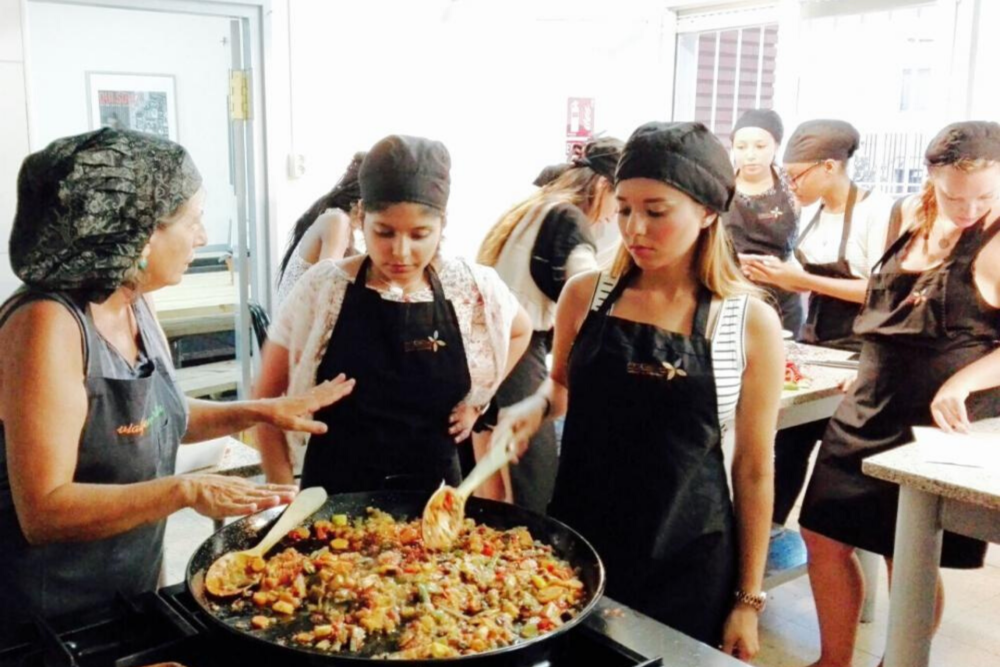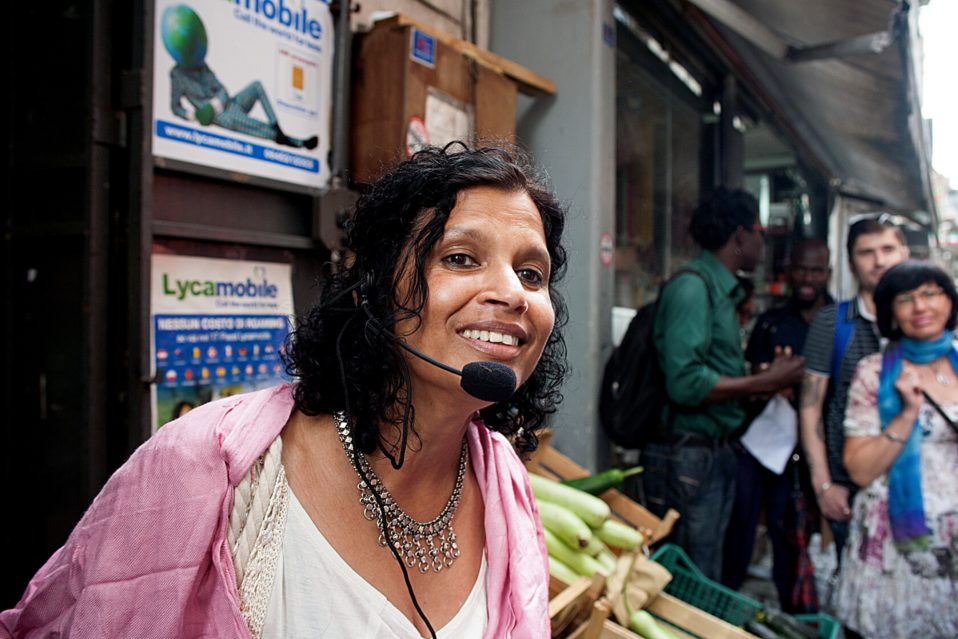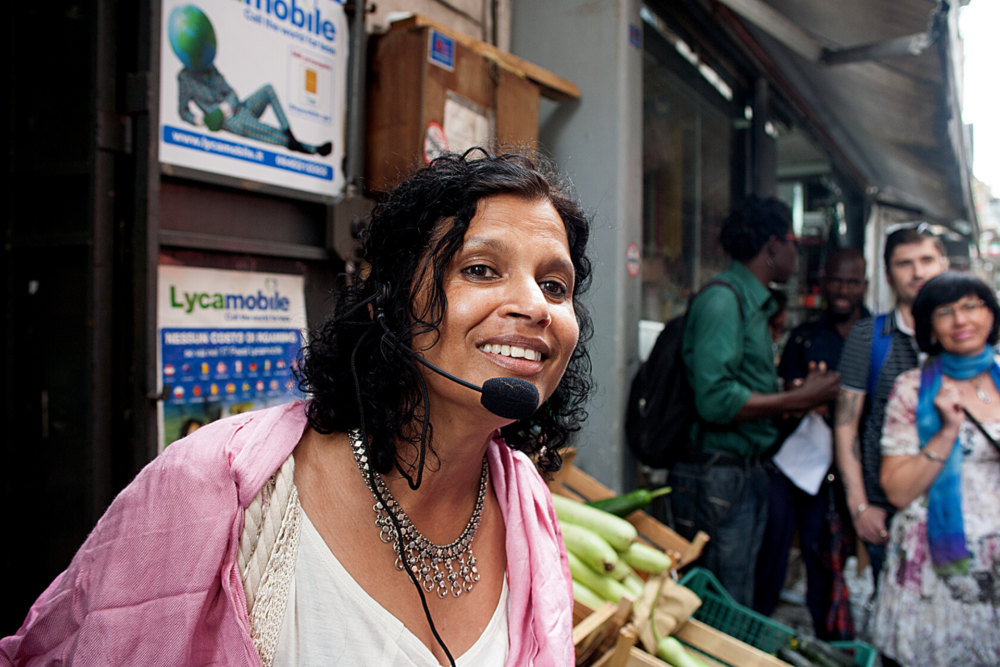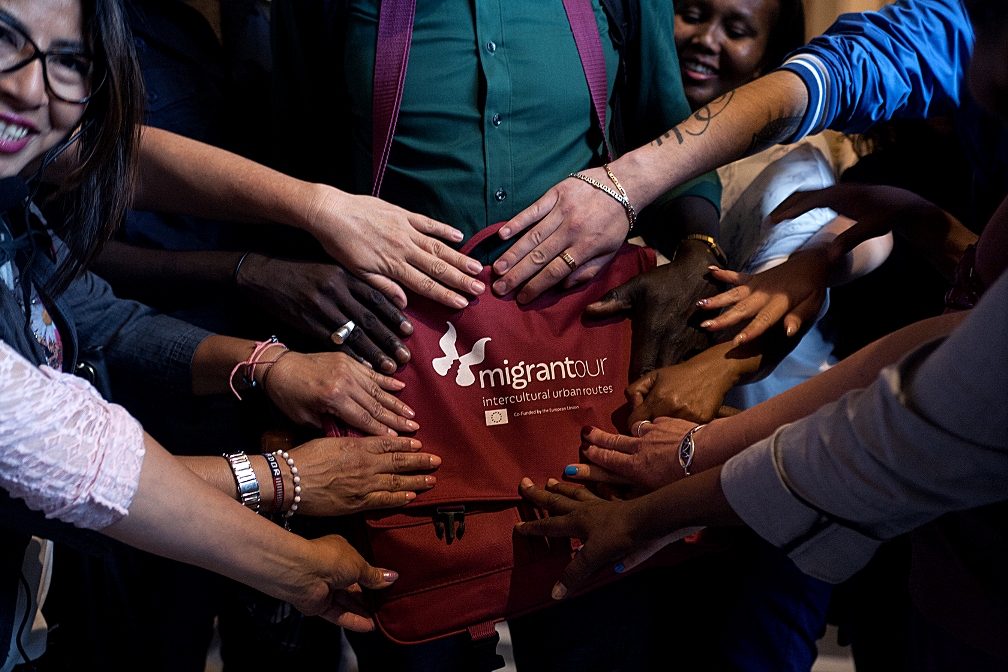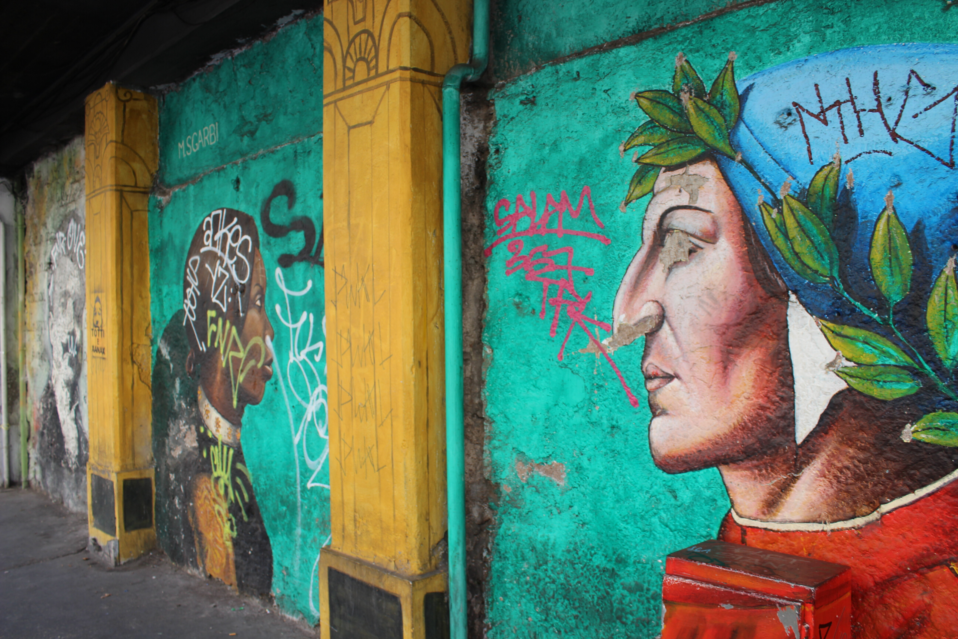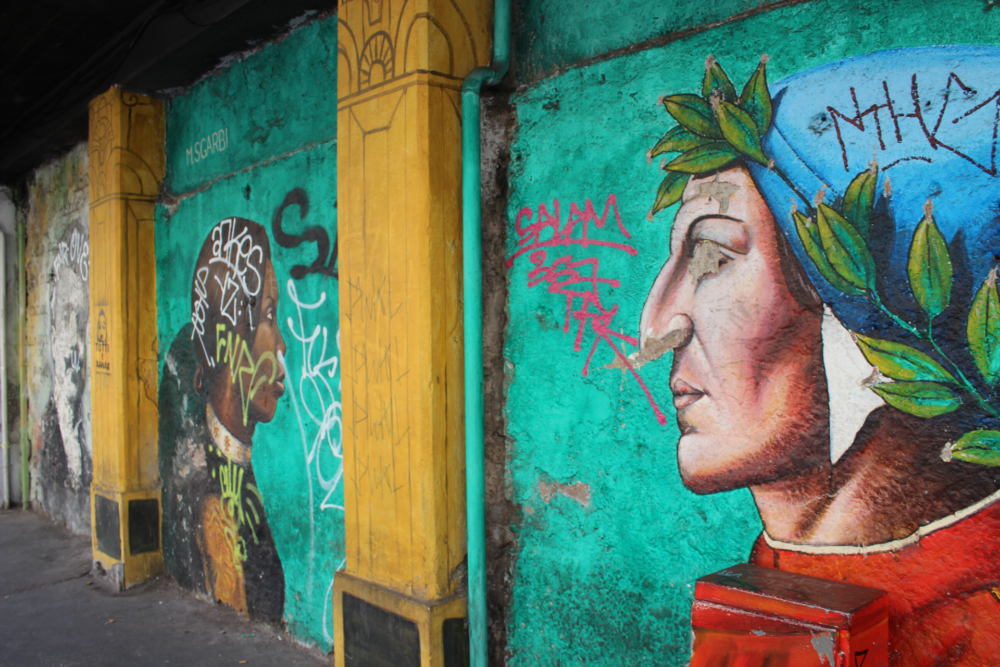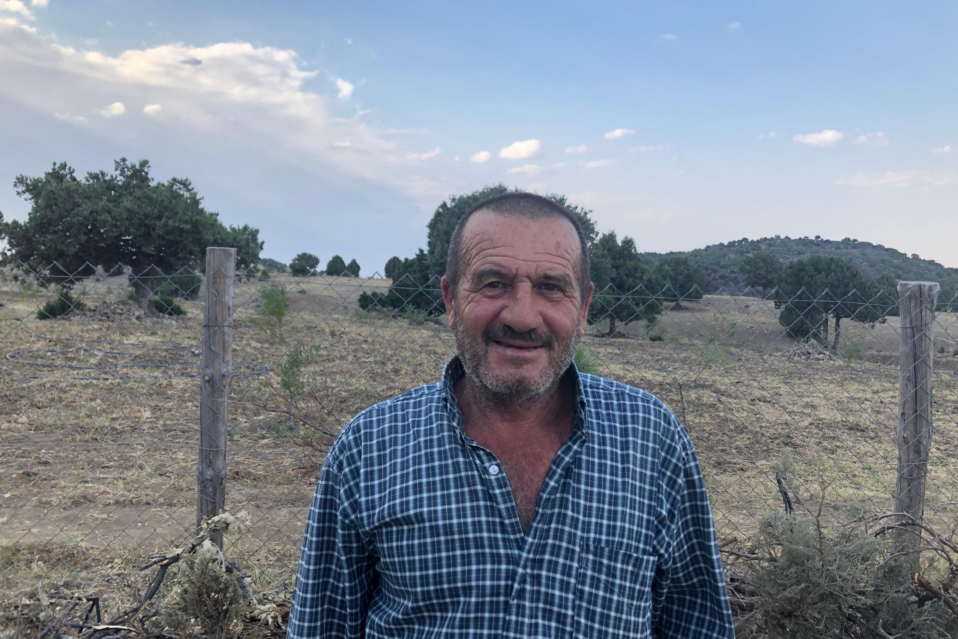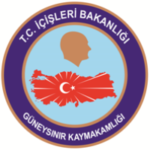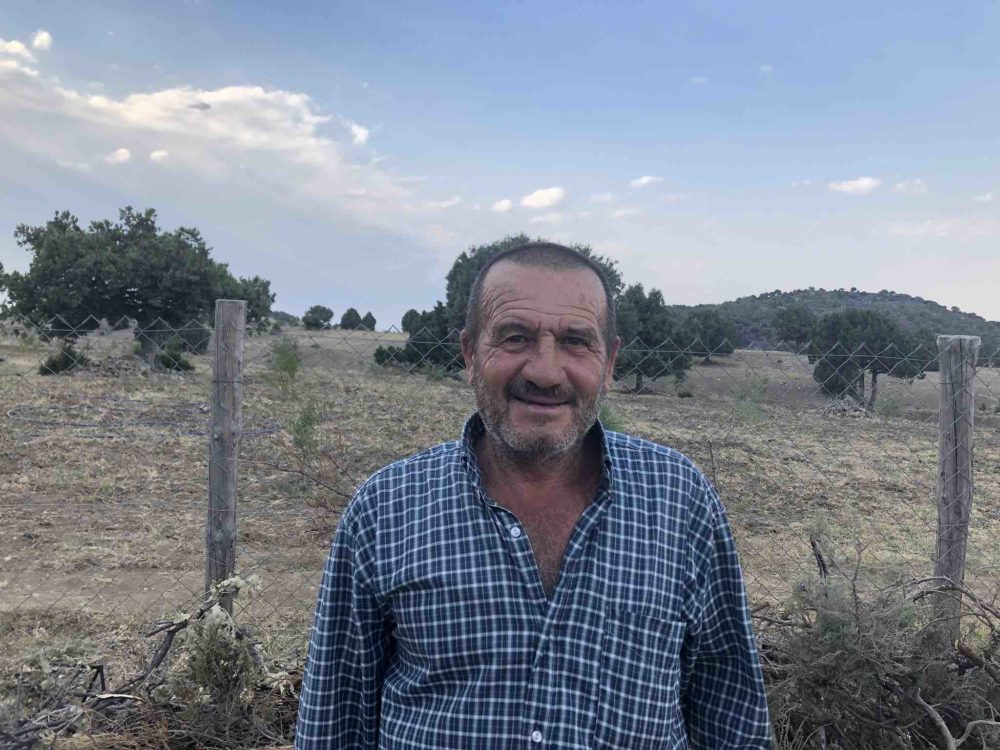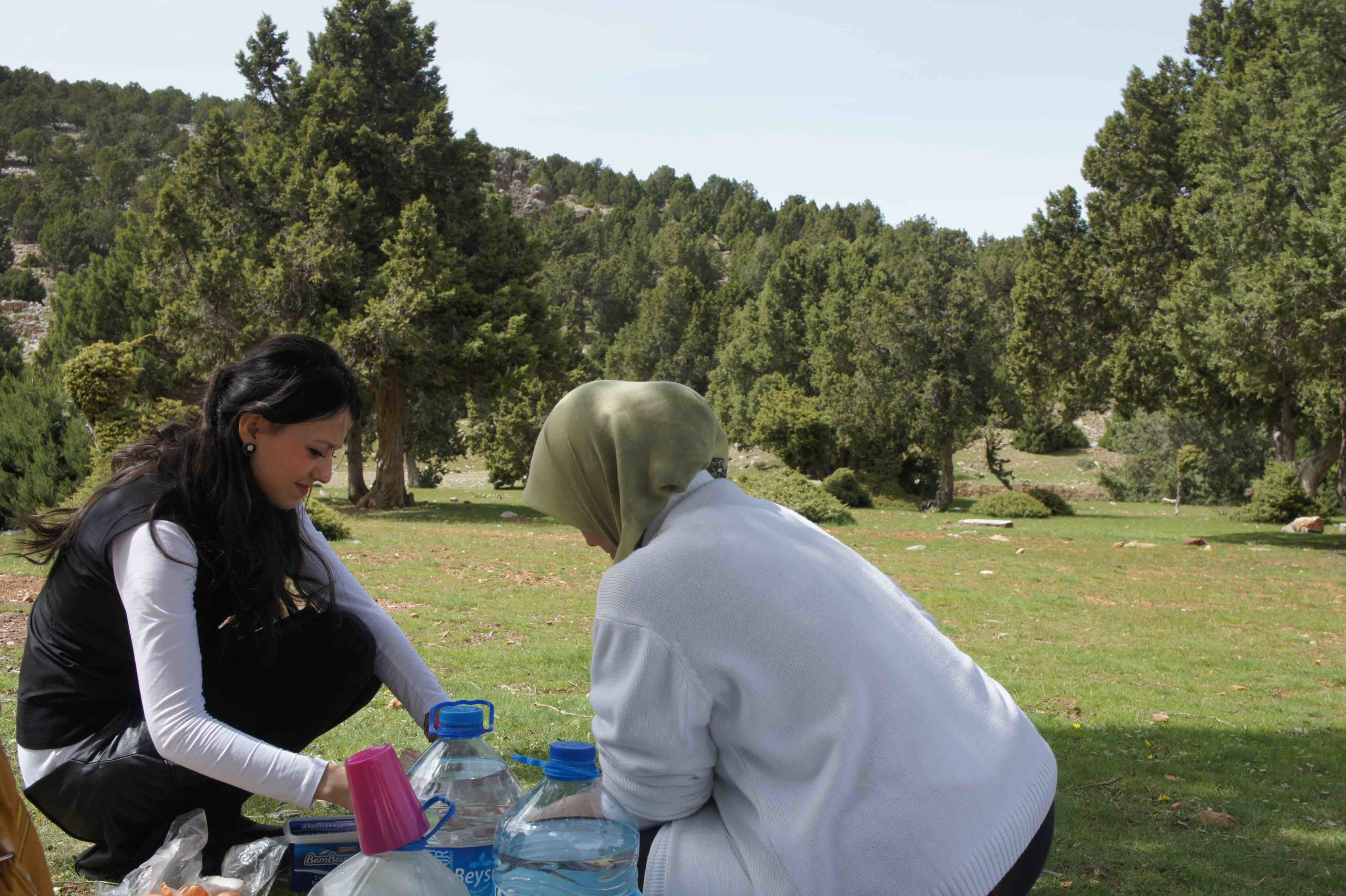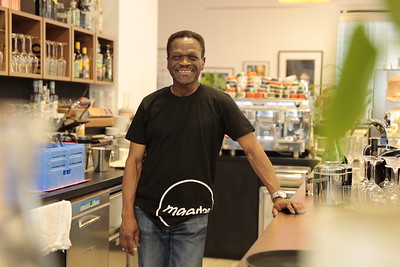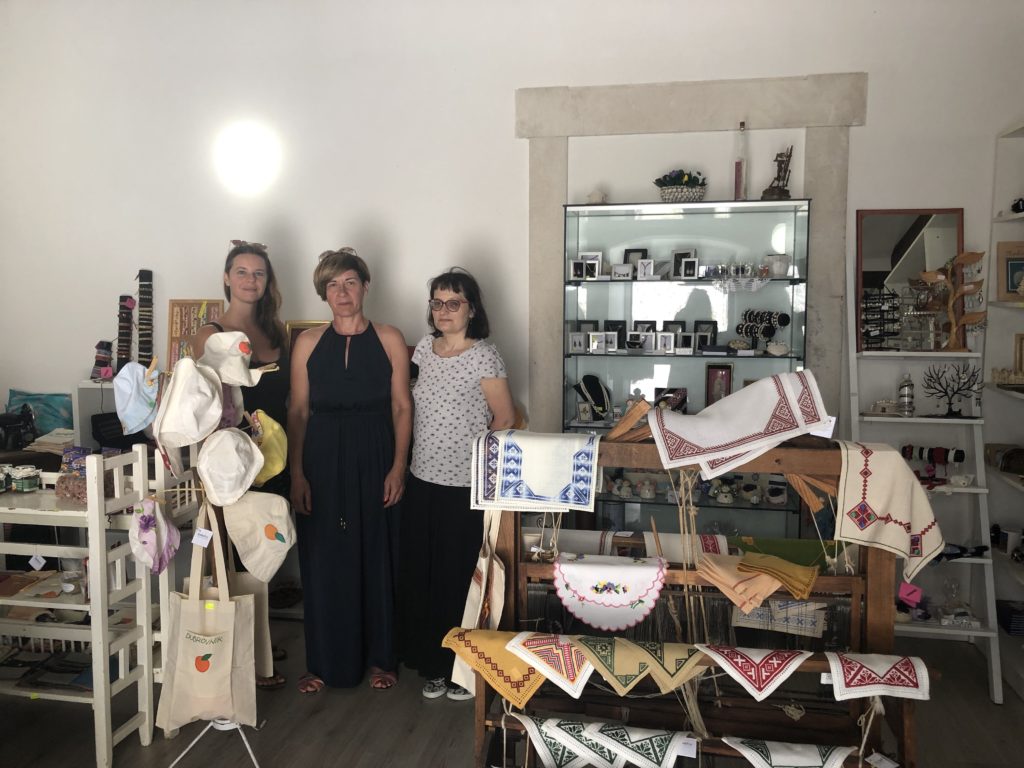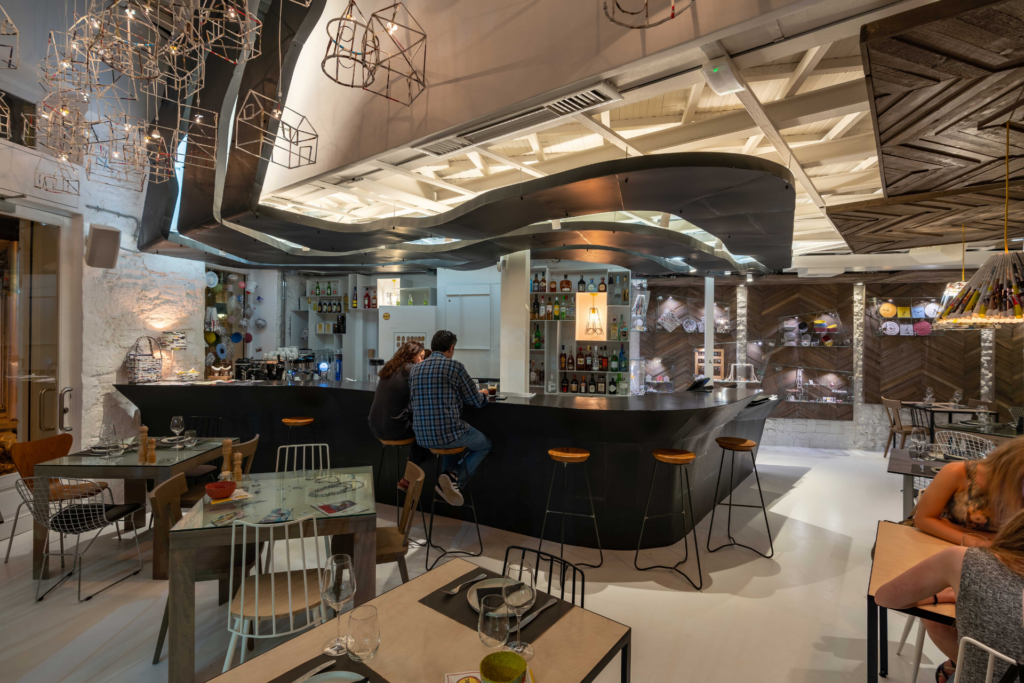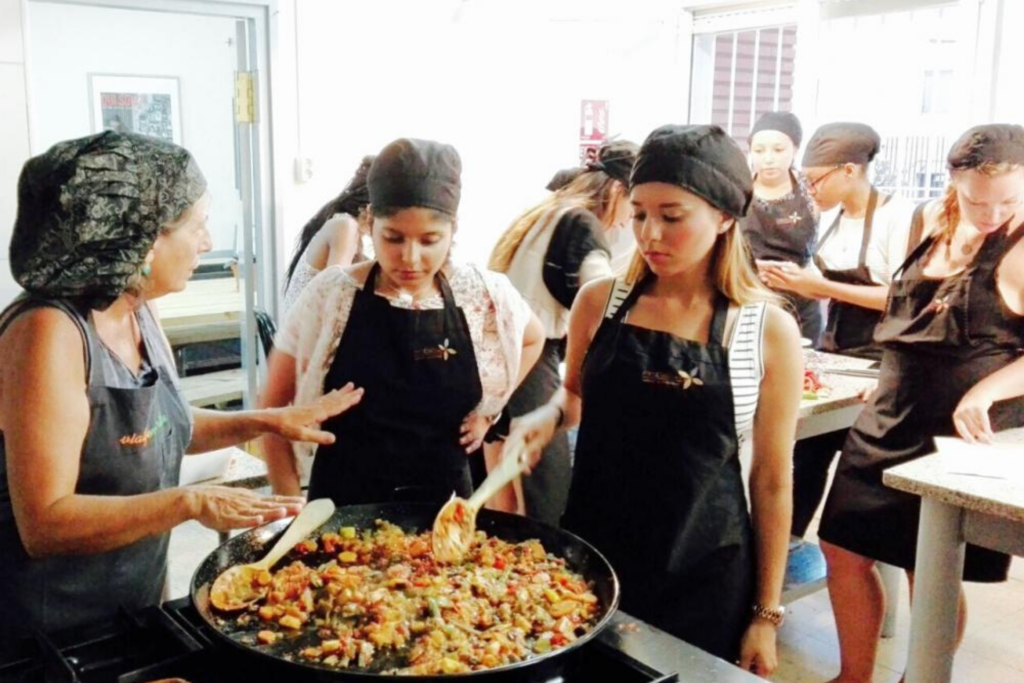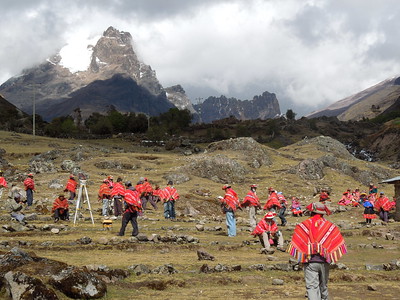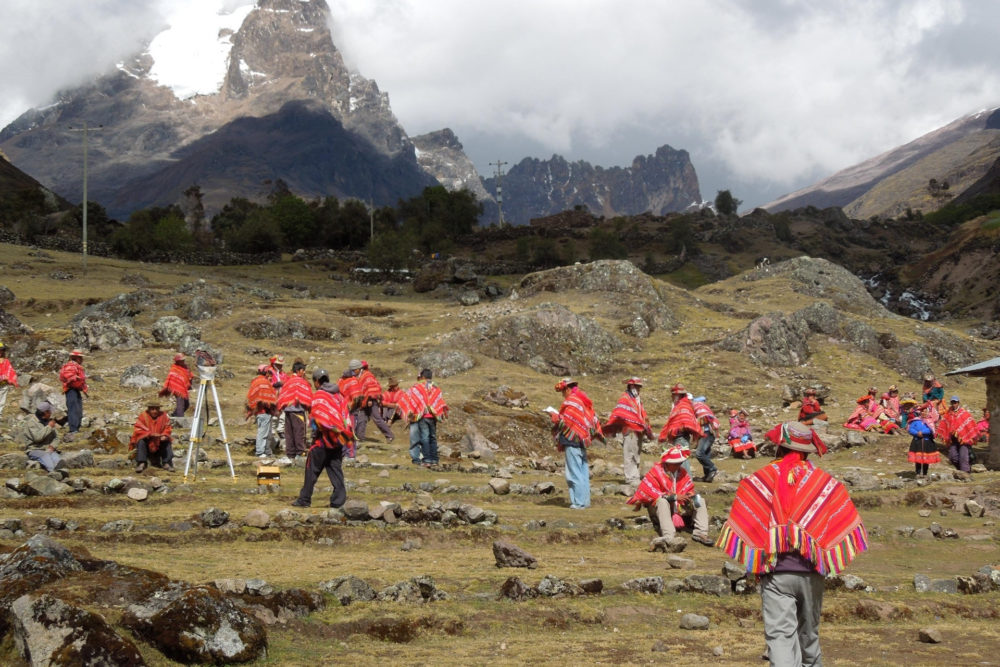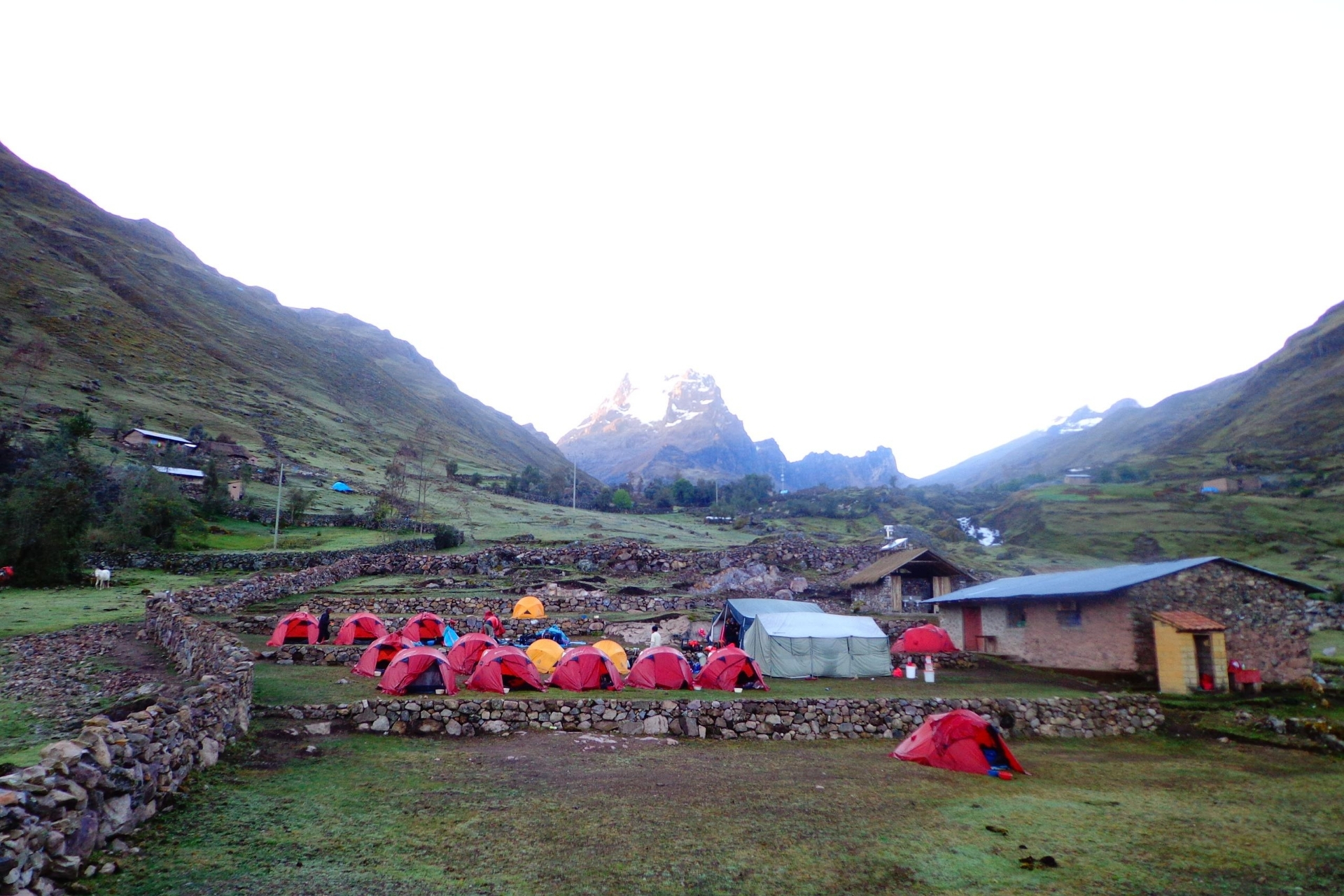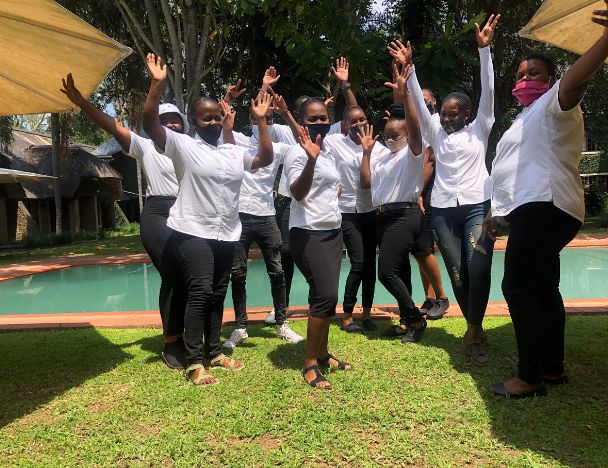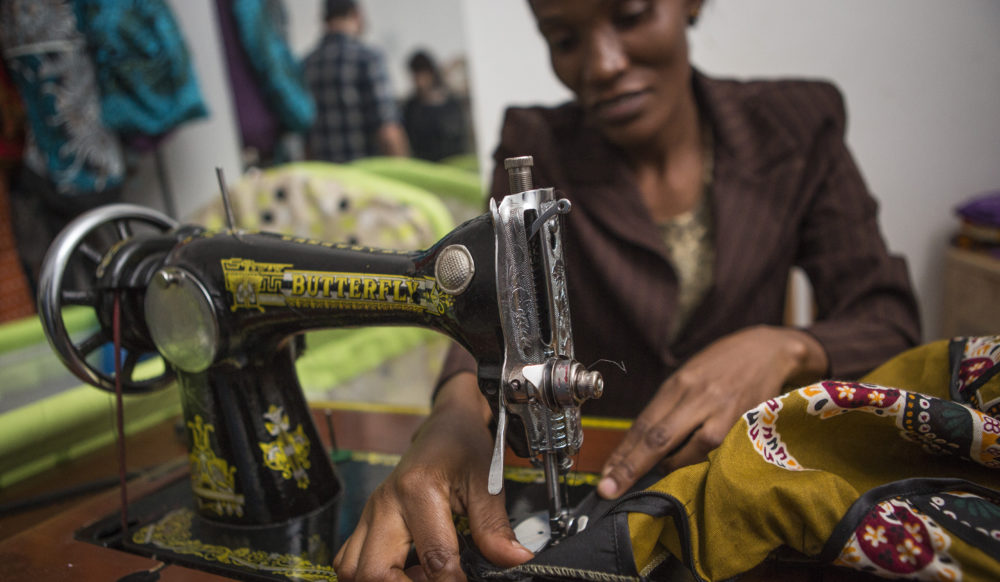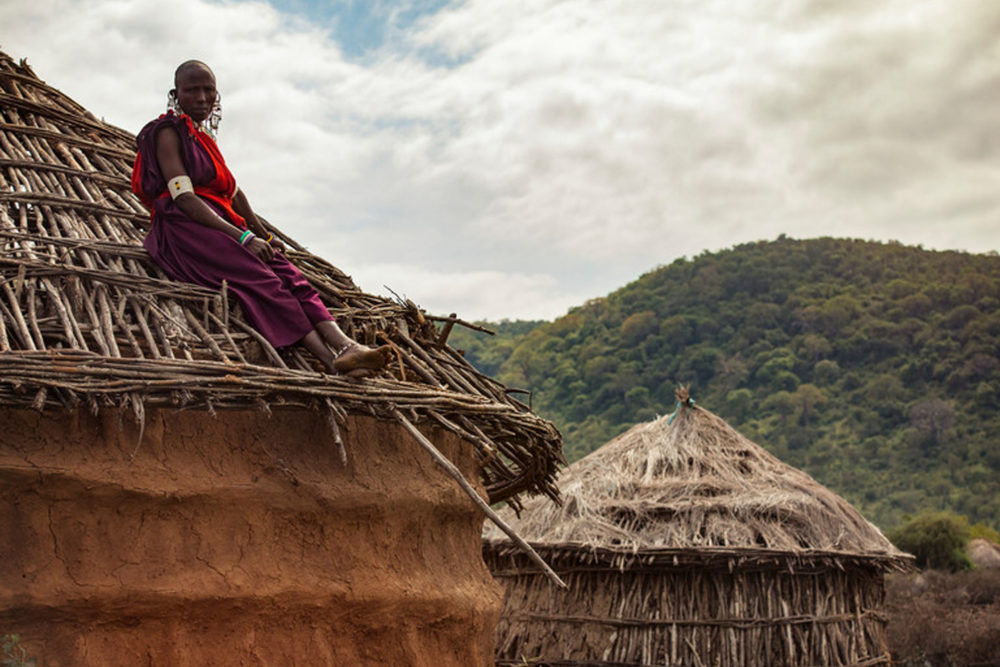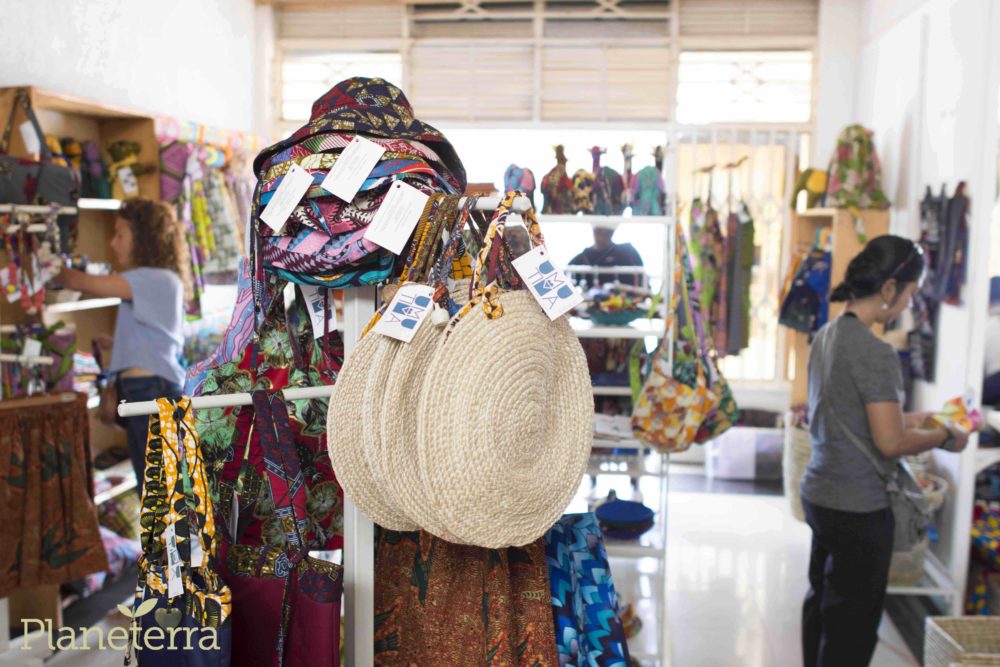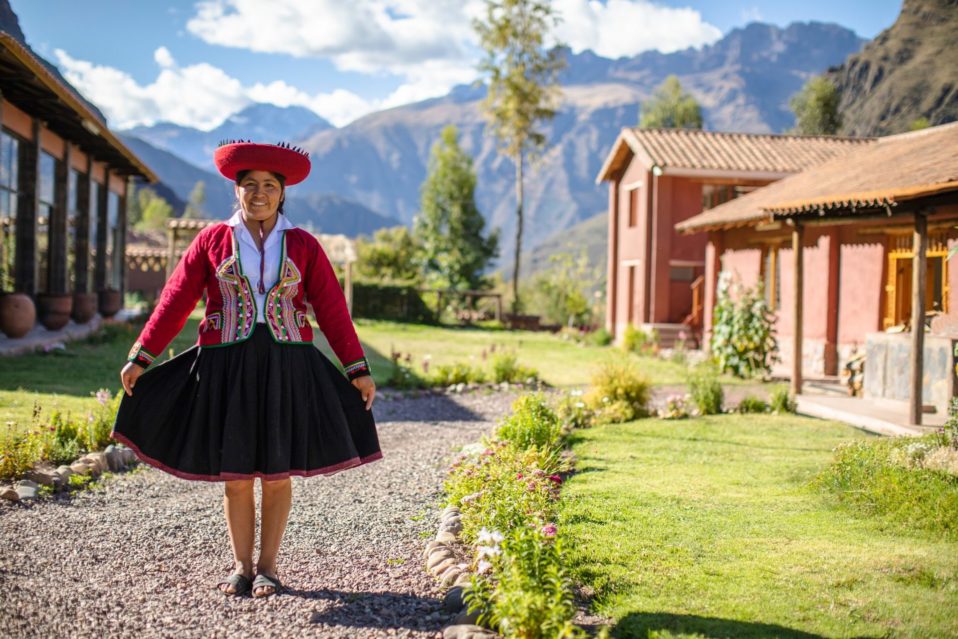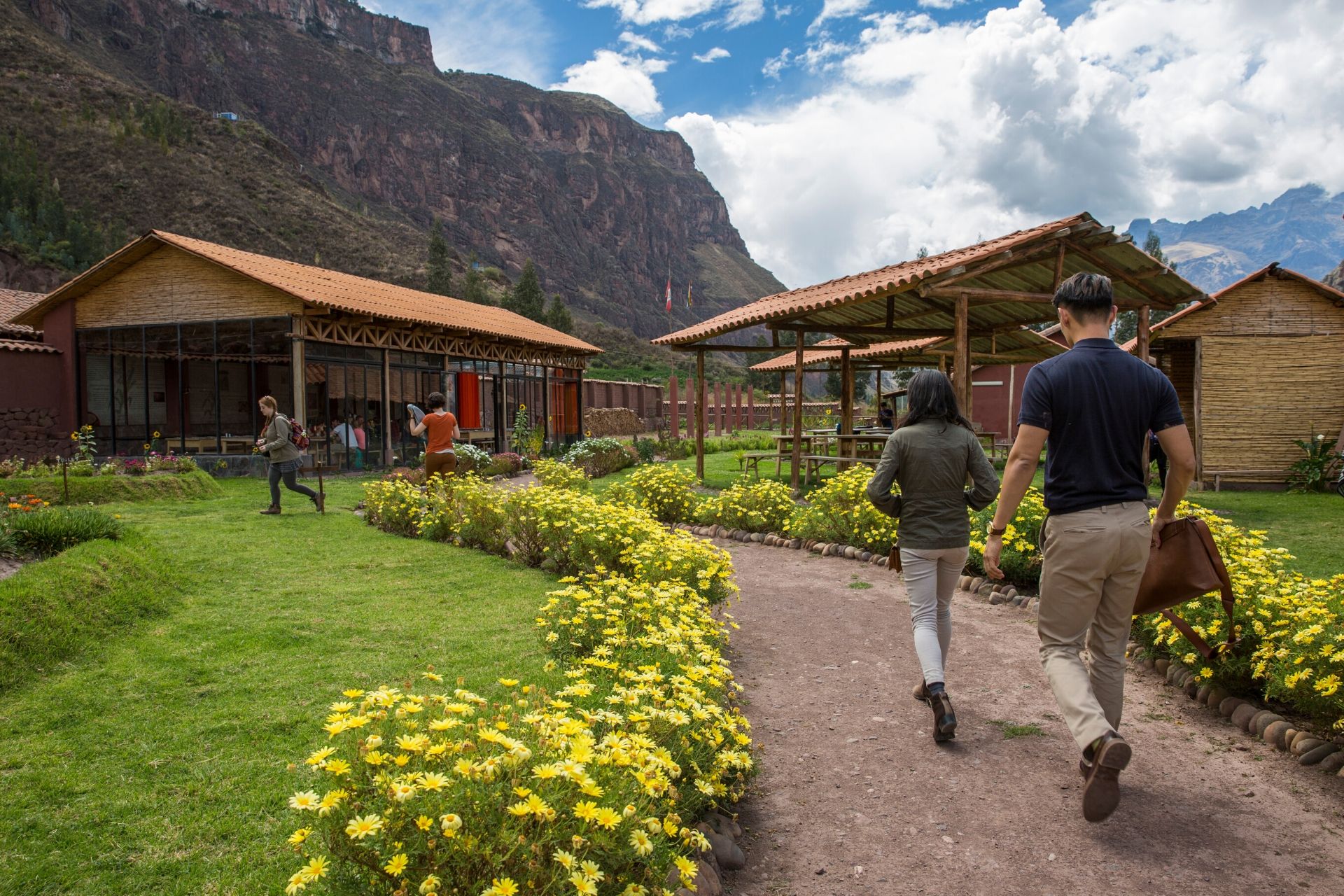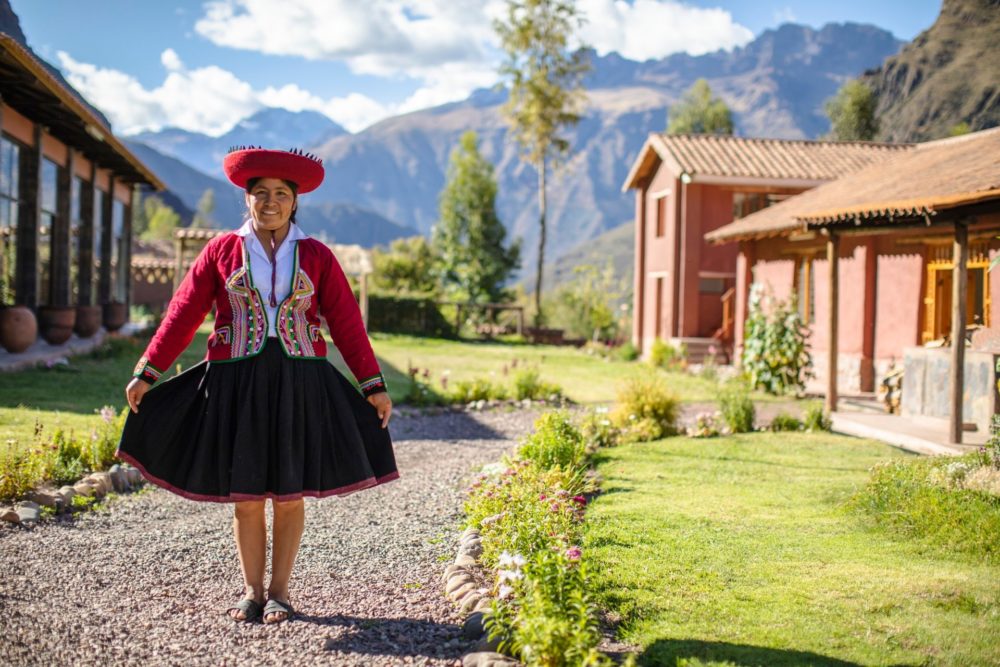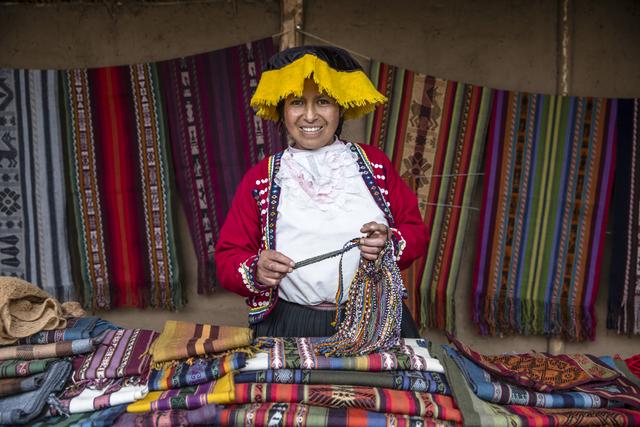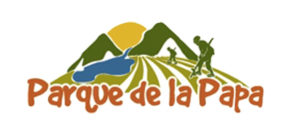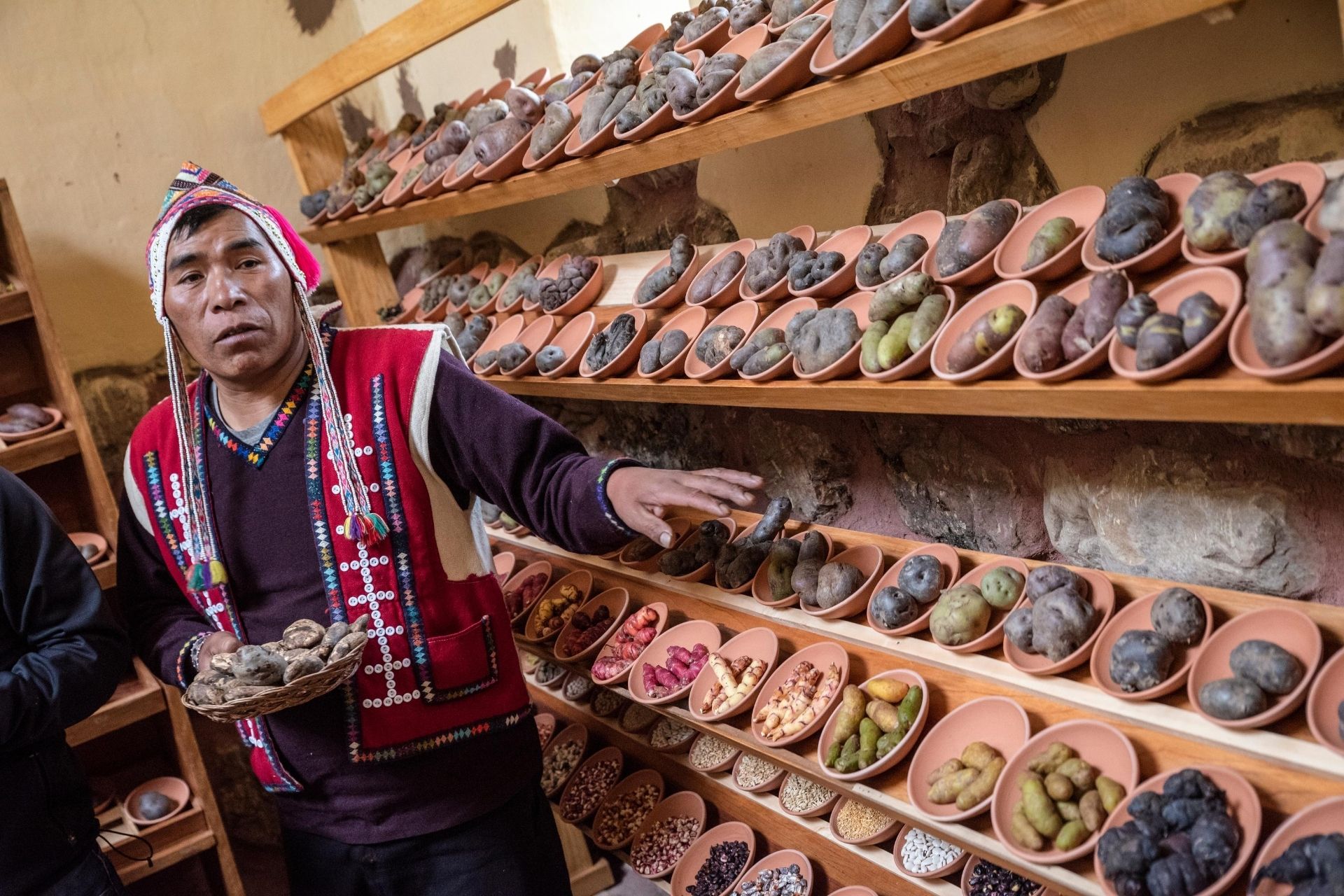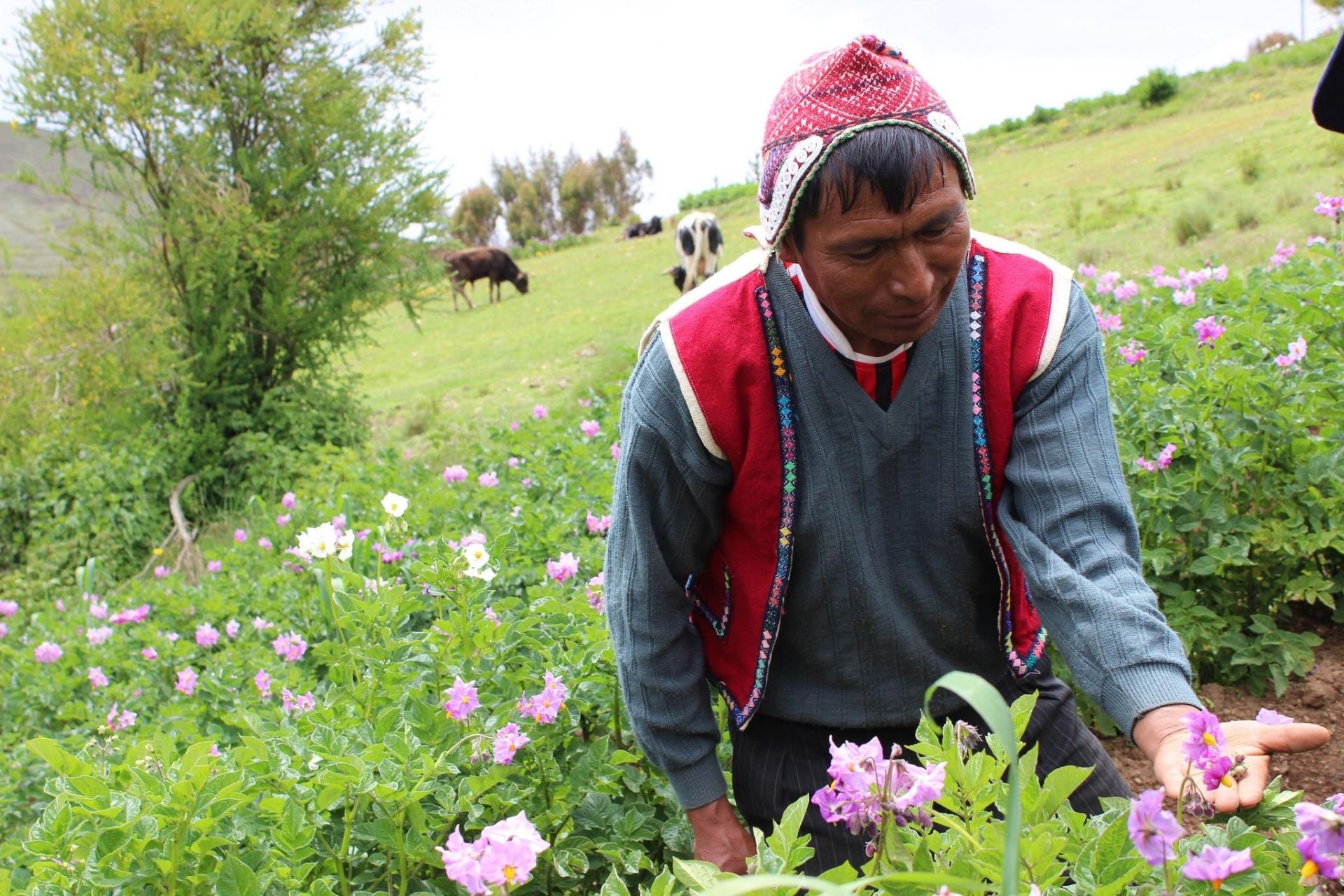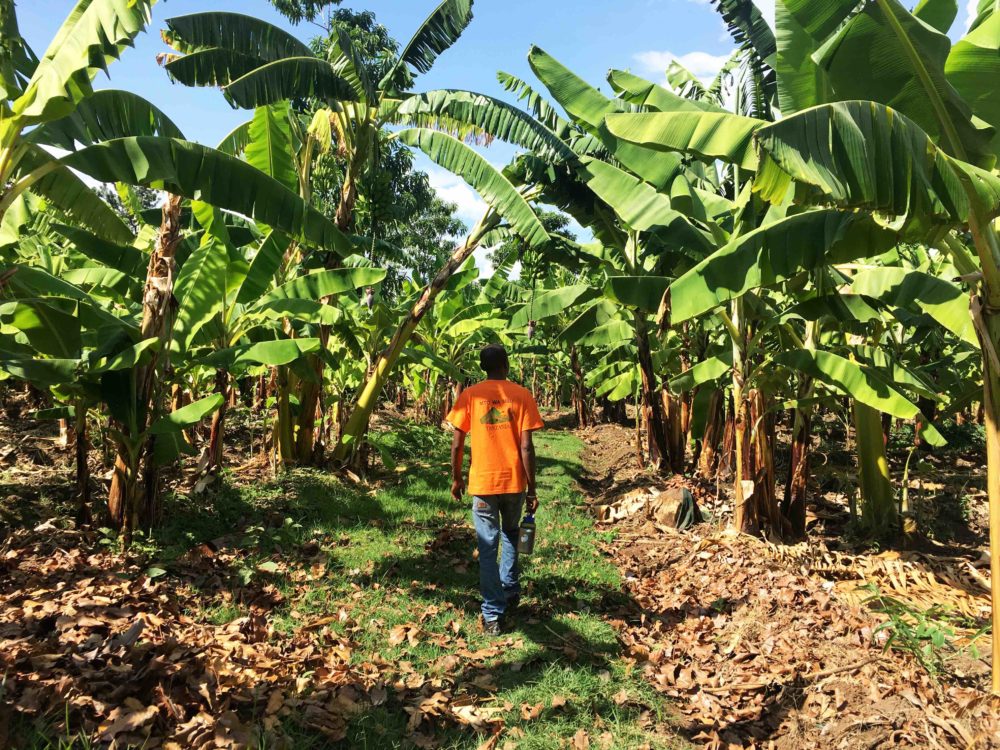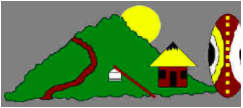Nem Adom Fel Café & Bar
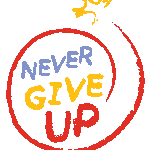
Impact
Nem Adom Fel Foundation (meaning ‘I never give up’) was founded in 2005 with the mission to empower differently-abled Hungarians. This includes the Nem Adom Fel Café and Bar, where 90% of employees are differently-abled. With a grant from Planeterra for upgrades to the café, employees are able to better serve customers. The improvements to the café and the connection to travellers also guarantee increased income. The more money the café makes, the more funds can be channeled into the Nem Adom Fel Foundation’s work to advocate for Hungarians living with disabilities, and to invest in their programs that positively impact the lives of Hungary’s Roma communities.

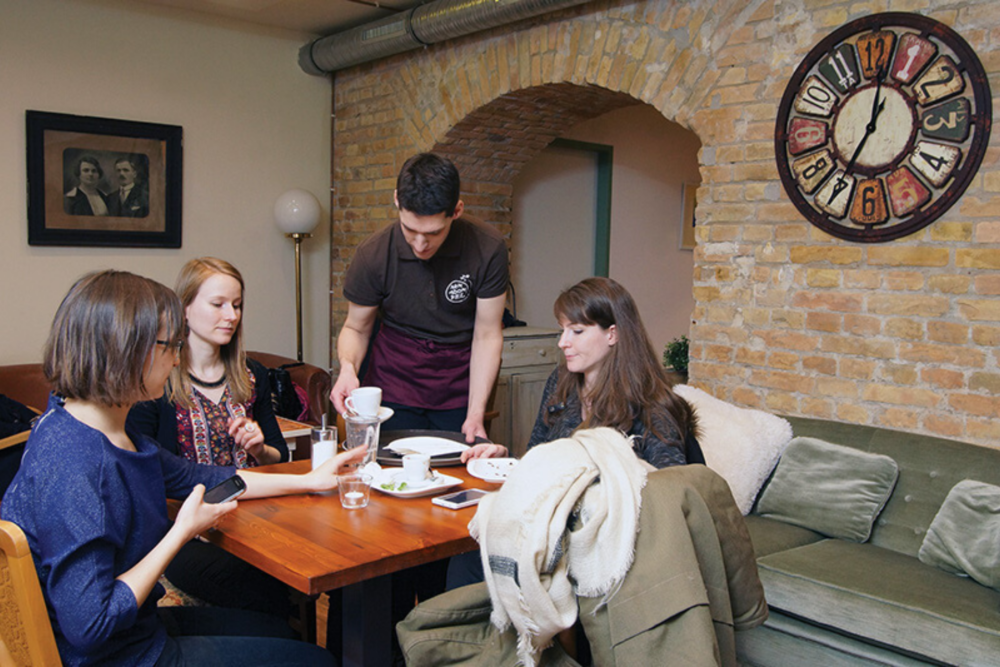
Critical Need
Almost 1 million Hungarians are differently-abled either physically or mentally, and there are great disparities in employment rates and education levels between able-bodied Hungarians and Hungarians who are differently-abled. Although recent government legislation and programs have attempted to tackle these issues (and others such as accessibility), with varying degrees of success, there exists a need to empower and employ people who are differently-abled in Hungary. It’s not only those who are differently-abled that are at a disadvantage in these areas – unemployment and education levels are also low for Hungary’s Roma population. Unemployment for the Roma is 3-5 times higher than for other Hungarians, and they are heavily segregated and discriminated against in the country’s education system. Additionally, the Roma in Hungary are more likely to be impoverished, suffer from insufficient housing, and lack of access to healthcare.
Nem Adom Fel Foundation (meaning ‘I never give up’) was founded in 2005 with the mission to empower differently-abled Hungarians, with a view that everyone has something to give, and everyone can help someone else. They have since expanded this mission to the Roma communities around Hungary, raising funds to create daycare, social support for students, and other community initiatives.
Our Involvement
Planeterra partnered with Nem Adom Fel Foundation in 2018, at first connecting the foundation’s restaurant, the Nem Adom Fel Café and Bar, with tour operator G Adventures, to include a meal stop for their tours visiting Budapest. Planeterra has also supported Nem Adom Fel Foundation with a grant to be used for upgrades to their café’s operations and marketing, as the café sometimes suffers a lack of customers since it opened in 2016.
The staff from the café were able to attend English lessons as a result of this funding, which helps them to serve international clients. Funding also supported an investment into the café’s electrical system, and restocked some of the kitchen’s equipment.



